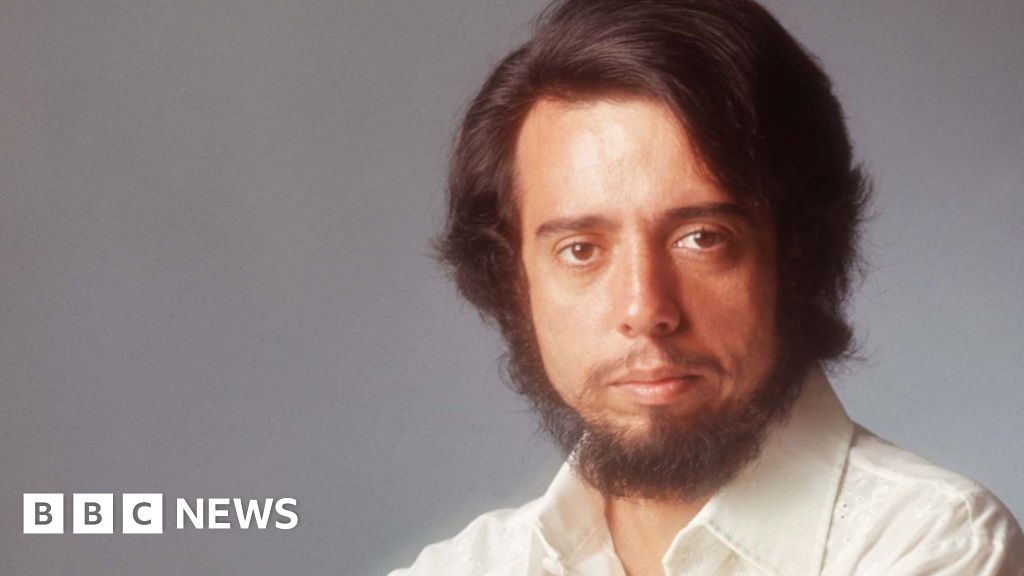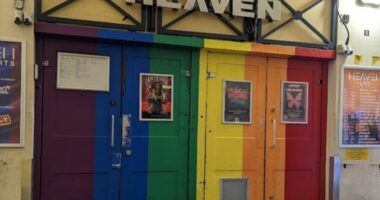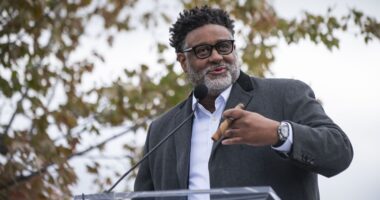He started playing in nightclubs in Rio de Janeiro, just as the bossa nova craze hit – and began to immerse himself in that scene, alongside other luminaries such as Antonio Carlos Jobim and João Gilberto. His first recording, Dance Moderno, was released in 1961 on the Philips Records label. Three years later, he left Brazil for the USA to escape the military dictatorship – but it was not an easy transition. His Brazilian bandmates returned home, forcing Mendes to form a new group. Called Brasil ’66, it featured two American singers, Lani Hall and Karen Philip. Signed to A&M Records, they hit on a winning formula – jazzy renditions of popular Brazilian songs alongside samba-enriched versions of the hits of the day. They scored their first major hit with Mas Que Nada, a sun-kissed cover of a Jorge Ben original, full of finger clicks, shimmying shakers and an ebullient chorus that sings of the urge to dance. There is “something very magical about that chant”, Mendes later recalled. “People love that song – everywhere in the world.” It was the first Portuguese-language song to become a global hit; and propelled Brasil ’66’s self-titled debut album into the top 10 of the US charts.
Subscribe
Login
0 Comments





